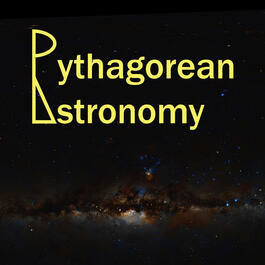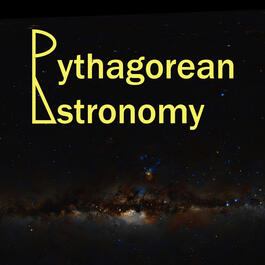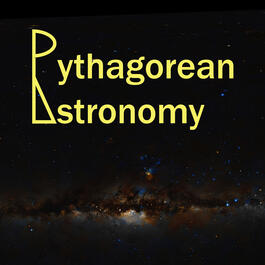
Pythagorean Astronomy
Astronomy news and interviews with scientists involved in the discoveries. Hosted by Dr Chris North (Cardiff University) and Dr Edward Gomez (Las Cumbres Observatory).
Show episodes
Edward and Chris discuss the recent Northern Lights show seen across the UK, the discovery of new free-floating planets, massive black holes and the completion of the largest camera ever built. Ian Harrison joins us to report on the latest tensions in cosmology, and the potential solutions to a problem that has been co
Edward Gomez and Chris North discuss names going to Jupiter on the Europa Clipper mission, which is currently being assembled. Then there is a new cannibal star, suspected of eating its own planets, and the detection of new "Galactic Streams" of stars that all formed together but have since spread out through the Galax
This month Edward and Chris talk the recent lunar missions - Astrobotic's Peregrine and Japan's SLIM. There's also the Ingenuity helicopter on Mars on what turned out post-recording to be it's final flight! Further afield we talk mega-structures on a galactic scale and asteroids crashing to Earth. January also saw the
Chris North and Edward Gomez review some stories from 2023, with asteroid missions, lunar rovers and aurora sightings. Plus a look forward to 2024, including launches of missions to asteroids and Jupiter's moons, and more commercial missions to the moon.
Chris and Edward discuss the announcement of the detection of a highly energetic cosmic ray, dubbed "Amerterasu" or the "What the Heck" particle. Elsewhere, there is a new study of star formation in "pristine" dwarf galaxies, and the first every discovery of a disc around a star in another galaxy!
Recorded in late October, Chris and Edward discuss recent proposals for an all-British mission to space, the launch of Psyche to...erm...Psyche, and Edward's involvement with the detection of something called a Synestia - planets bashing together. Cardiff University also hosted Prof Duncan Lorimer, who was jointly awar

